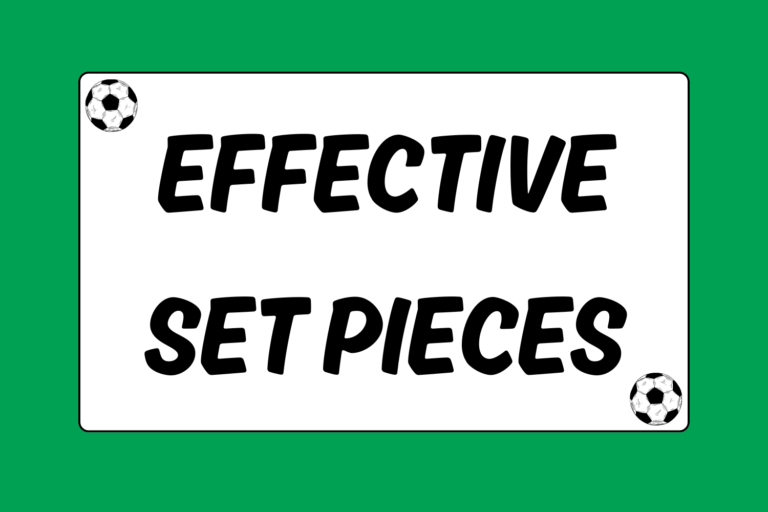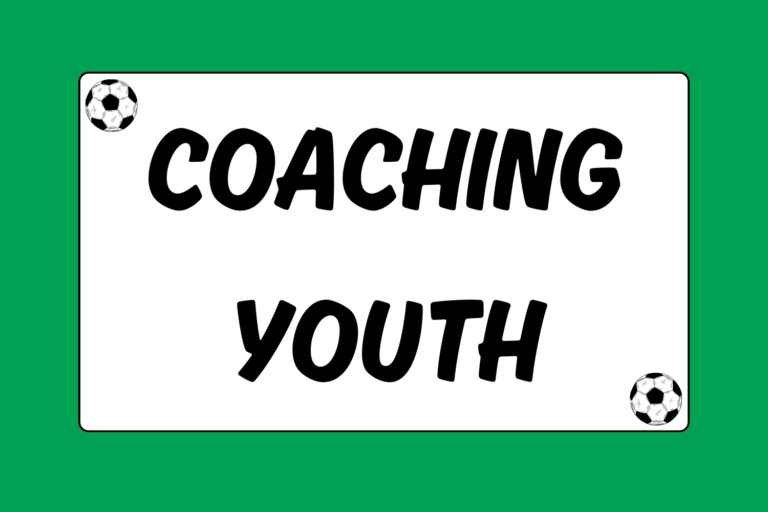When training for soccer, it’s easy to forget the importance of rest. Resting allows you to recover from the strenuous exercise of playing soccer, by giving your muscle tissue a chance to process the build-up of lactic acid and depletion of glycogen levels. As a result, you actively stimulate tissue regeneration and help your muscles to grow.
Rest also gives you a chance to perform at your highest level for the next practice or game. For these reasons, it’s important to take rest seriously as part of your training program. Build at least one rest day per week into your training, and be sure to do light work on the day following a strenuous match. You’ll reap the rewards over the course of a long season.
Avoid Injuries
Soccer injuries are impossible to avoid, and many of them happen due to accidental contact or sharp “cuts” (direction changes). But proper rest is a good way to reduce the likelihood of injuries, especially muscle strains and pulls in your legs.
Deep tissue strains are a natural consequence of pushing your body on a regular basis, which is necessary in soccer training. Yet simply resting will go a long way to helping you avoid these types of injuries. For players embarking on a long season, or working hard to improve quickly on the field, rest must be an essential tool in your training arsenal.
Mental Edge
Rest goes hand-in-hand with proper nutrition and staying hydrated. Be sure to eat right when you are resting, and you will be far more likely to have a healthy season.
Low-intensity Training
It’s normal to feel soreness due to inflammation and micro-tearing of your muscles the day after a tough match. That’s why it’s important to do low-intensity training the day after matches while your body continues to recover. This way, you can get out and stay active, while avoiding the risk of physical and mental burnout.
Here are a few types of light exercises can help you recover:
- Light, static stretching
- Half-paced dribbling
- Juggling-based drills
- Shuttle runs, skipping, and side-to-side drills
- Short sprints along the width of the field at two-thirds your normal pace
- Slow laps around a soccer field
It’s also not a bad idea to simply go for a walk the day after a game. Getting the blood moving without added strain will help stimulate next-day recovery.
Rest is Vital in Youth Soccer
Not getting enough rest can have serious consequences in youth soccer, when players are still growing and bone structure is not completely developed. Adults gain from pushing themselves beyond their limits and developing better performance capabilities. But children and teens who push themselves without getting enough rest risk long-term injuries, and even skeletal damage.
Most coaches make sure that youth players get multiple days of rest each week. The danger is most often for players who are accustomed to excelling on the field, or who are perfectionists. Players who feel pressure to perform find it more difficult to rest. It’s imperative for parents and coaches to monitor rest in youth players.
Hot Tip: Youth Injuries
Studies indicate that as much as 50 percent of all injuries in youth sports medicine are the result of overuse.
Proper Sleep
Top professional players know the value of good sleep, but not all amateur players do. It can be difficult to get adequate sleep when you have school, work and other responsibilities occupying your time. But sleep is the time when the body most actively releases growth hormone, leading to cell re-growth and stimulating the immune system. On the other hand, sleep deprivation leads to the release of stress hormones, which interrupt tissue repair.
Similarly, sleep has a major impact on your cognitive and emotional health, making you more able to focus on game conditions and make the quick decisions that are so important in soccer. It also leads to level-headedness and better moods. For these reasons, soccer players should make certain to get at least 8 hours of sleep every night during the season.
Don’t Overtrain
Overtraining happens when players fail to include proper rest in their training. It’s a high-priority cause for concern, especially for advanced athletes who tend to be prone to hard training for prolonged periods of time. The pressure to perform well on the field, and develop strength and conditioning, can quickly lead to physical and emotional fatigue.
The primary symptom of overtraining is an inability to recover from workouts and games. Here are some other common symptoms:
- Intense mood swings
- anxiety
- psychological fatigue
- connective tissue injuries
- joint injuries
- muscle break-down
- weight loss
Though it can happen in any sport, soccer players are especially susceptible to overtraining because peak cardio conditioning is so important. No amount of rest is sufficient once a player has overtrained.
Ultimately, the only way to recover is to discuss overtraining with a doctor, take time away from the game, and focus on other goals. Players who overdo it must slowly work themselves back into playing shape to avoid a repeat.
Resting is Training
The best way to be sure you get enough rest is to take it seriously—recognize its importance, and consider it part of your conditioning program. Work with coaches or teammates and decide in advance that you’re going to rest once each week, and after tough matches. Schedule a day specifically dedicated to rest, and make sure everyone on the team abides by it. This way, you’ll be ready to go when the next tough match comes around.





